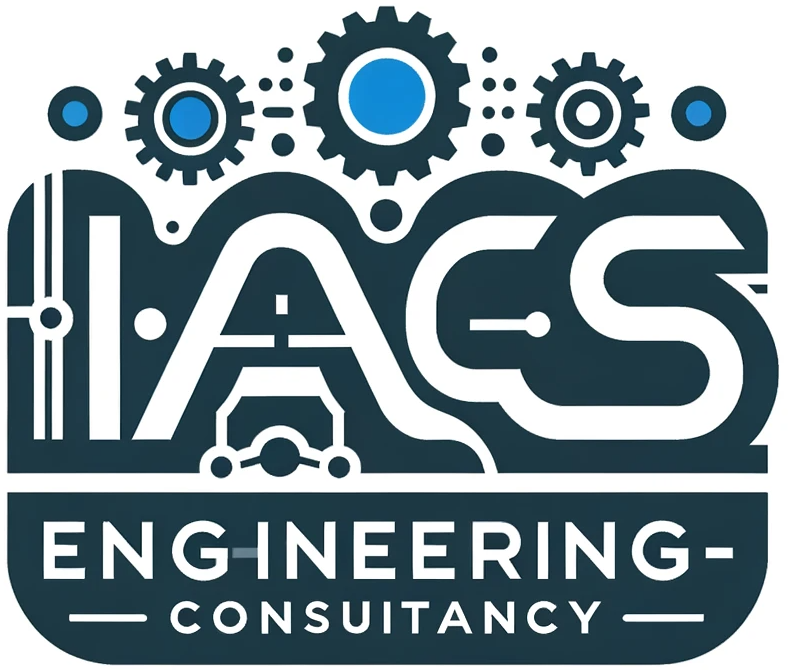AMT integrates cutting-edge digital tools, automation, and data analytics into manufacturing to enhance efficiency, quality, and adaptability. It transcends traditional methods by leveraging innovations like robotics, IoT, AI, and additive manufacturing, enabling smarter, agile, and sustainable production systems.
Why Use AMT?
- Efficiency & Productivity: Automation and AI reduce cycle times and labor costs while minimizing errors (e.g., robotic assembly lines).
- Customization: 3D printing allows cost-effective, small-batch production of complex designs.
- Sustainability: Energy-efficient processes and waste reduction (e.g., precision machining).
- Competitiveness: Faster time-to-market and real-time data (IoT) for agile decision-making.
- Resilience: Predictive maintenance (AI/ML) reduces downtime and extends equipment life.
Key Technologies in AMT
- Additive Manufacturing: 3D printing for prototyping and custom parts.
- Automation & Robotics: Collaborative robots (cobots) in assembly.
- IoT & Smart Factories: Sensors for real-time monitoring and supply chain optimization.
- AI/ML: Predictive analytics for demand forecasting and quality control.
- Digital Twins: Virtual models to simulate and optimize processes.
- Advanced Materials: Lightweight alloys/composites for aerospace/automotive sectors.
- Augmented Reality (AR): Workforce training and remote assistance.
Economies That Should Adopt AMT & Why
- Developed Economies (e.g., US, Germany): Sustain innovation leadership, address labor shortages, and drive high-value sectors (e.g., aerospace).
- Emerging Economies (e.g., India, Vietnam): Leapfrog outdated infrastructure, attract FDI, and grow export markets (e.g., electronics manufacturing).
- Resource-Rich Economies (e.g., Saudi Arabia): Diversify from raw material exports to advanced production (e.g., petrochemicals).
- High Labor-Cost Regions (e.g., Scandinavia): Automate to reduce dependency on expensive manual labor.
- Export-Oriented Economies (e.g., South Korea): Maintain global competitiveness through precision and quality (e.g., semiconductors).
Prerequisites for Adoption
- Investment: In R&D, infrastructure, and SME subsidies.
- Skilled Workforce: STEM education and vocational training.
- Policy Support: Tax incentives, cybersecurity frameworks, and industry-academia partnerships.
Global Industrial Automation & Control Systems Engineering Services
Boost your productivity and digital transformation with our comprehensive industrial automation solutions. As experts in control systems engineering, we offer custom automation consulting, system integration, and digital transformation services to industries worldwide. Our specialties include:
- Automation Consulting & Custom System Design: Optimize your processes with tailored PLC/SCADA/DCS system architecture and process analysis.
- IIoT & Industry 4.0 Integration: Implement smart factory solutions, predictive maintenance, and data-driven analytics to enhance operational efficiency.
- Cybersecurity & Risk Management: Protect your critical infrastructure with our specialized control system security assessments and incident response planning.
- Training & Support: Empower your team through expert technical training, remote monitoring, and comprehensive documentation.
Our global services span multiple sectors—from automotive and aerospace to utilities and manufacturing—delivering scalable, cost-effective solutions that drive innovation and sustainability. Whether integrating advanced robotics, AMRs, AGVs, or IIoT systems, we transform production environments into smart, agile operations that meet the demands of modern Industry 4.0.
